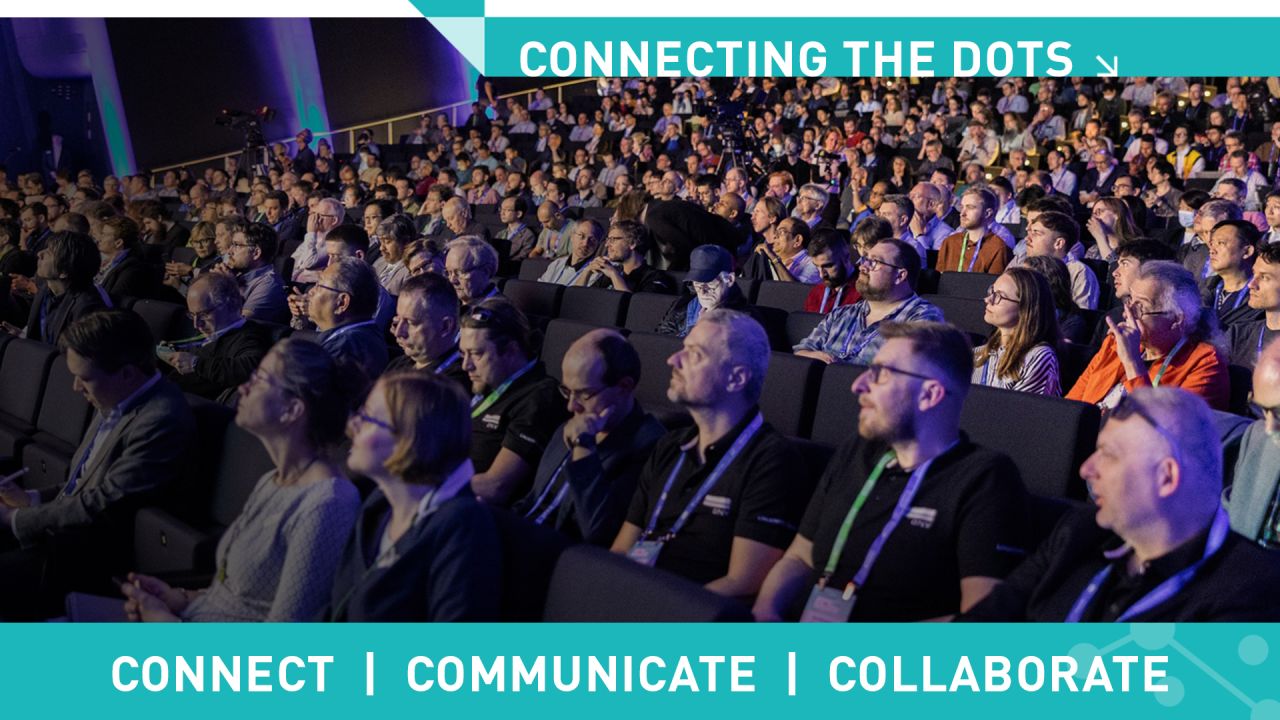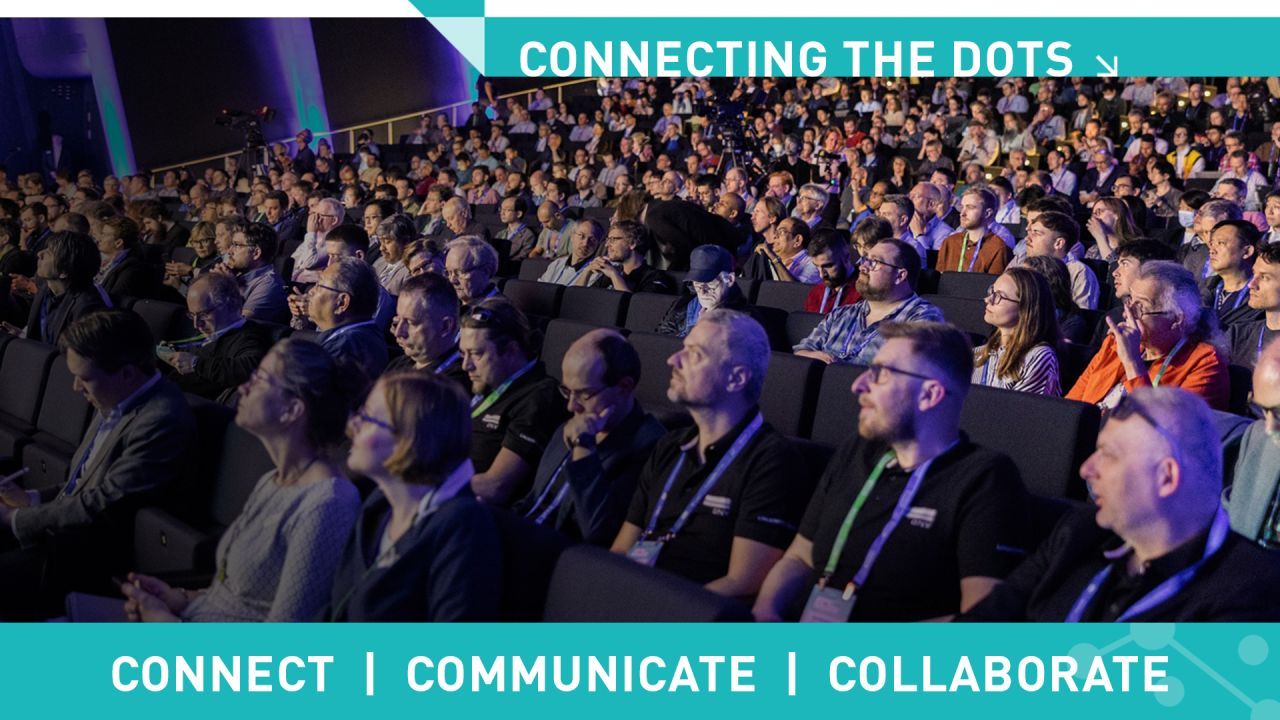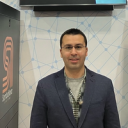

Programming Novel AI Accelerators for Scientific Computing
Friday, June 13, 2025 9:00 AM to 1:00 PM · 4 hr. (Europe/Berlin)
Hall Y7 - 2nd floor
Tutorial
Education and TrainingEmerging Computing TechnologiesHW and SW Design for Scalable Machine LearningLarge Language Models and Generative AI in HPCML Systems and Tools
Information
Scientific applications are increasingly adopting Artificial Intelligence (AI) techniques to advance science. The scientific community is taking advantage of specialized hardware accelerators to push the limits of scientific discovery possible with traditional processors like CPUs and GPUs as demonstrated by the winners of ACM Gordon Bell prize recipients in recent years. The AI accelerator landscape can be daunting for the broader scientific community, particularly for those who are just beginning to engage with these systems. The wide diversity in hardware architectures and software stacks makes it challenging to understand the differences between these accelerators, their capabilities, programming approaches, and performance.
In this tutorial, we will cover an overview of the AI accelerators available for allocation at Argonne Leadership Computing Facility (ALCF): SambaNova, Cerebras, Graphcore, and Groq, focusing on their architectural features and software stacks, including chip and system design, memory architecture, precision handling, programming models, and software development kits (SDKs). Through hands-on exercises, attendees will gain practical experience in refactoring code and running models on these systems, focusing on use cases of pre-training and fine-tuning open-source Large Language Models (LLMs) and deploying AI inference solutions relevant to scientific contexts. Additionally, the sessions will cover the low-level HPC software stack of these accelerators using simple HPC kernels. By the end of this tutorial, participants will have a solid understanding of the key capabilities of emerging AI accelerators and their performance implications for scientific applications, equipping them with the knowledge to leverage these technologies effectively in their research endeavors.
In this tutorial, we will cover an overview of the AI accelerators available for allocation at Argonne Leadership Computing Facility (ALCF): SambaNova, Cerebras, Graphcore, and Groq, focusing on their architectural features and software stacks, including chip and system design, memory architecture, precision handling, programming models, and software development kits (SDKs). Through hands-on exercises, attendees will gain practical experience in refactoring code and running models on these systems, focusing on use cases of pre-training and fine-tuning open-source Large Language Models (LLMs) and deploying AI inference solutions relevant to scientific contexts. Additionally, the sessions will cover the low-level HPC software stack of these accelerators using simple HPC kernels. By the end of this tutorial, participants will have a solid understanding of the key capabilities of emerging AI accelerators and their performance implications for scientific applications, equipping them with the knowledge to leverage these technologies effectively in their research endeavors.
Format
On Site
Targeted Audience
The target audience for this tutorial is researchers and system architects who would benefit from running ML workloads to evaluate existing HPC systems or to deploy the AI components onto these accelerators. Participants are expected to have a basic understanding of machine learning learning concepts.
Beginner Level
50%
Intermediate Level
50%
Speakers

Murali Emani
Computer ScientistArgonne National Laboratory
Varuni Katti Sastry
Assistant Computer ScientistArgonne National Laboratory
Siddhisanket Raskar
Assistant Computer ScientistArgonne National Laboratory
Leighton Wilson
HPC EngineerCerebras
Petro Junior Milan
Principal AI EngineerSambaNova Systens
Sanjif Shanmugavelu
ML Research EngineerGroq Inc; Maxeler Technologies, a Groq Company

